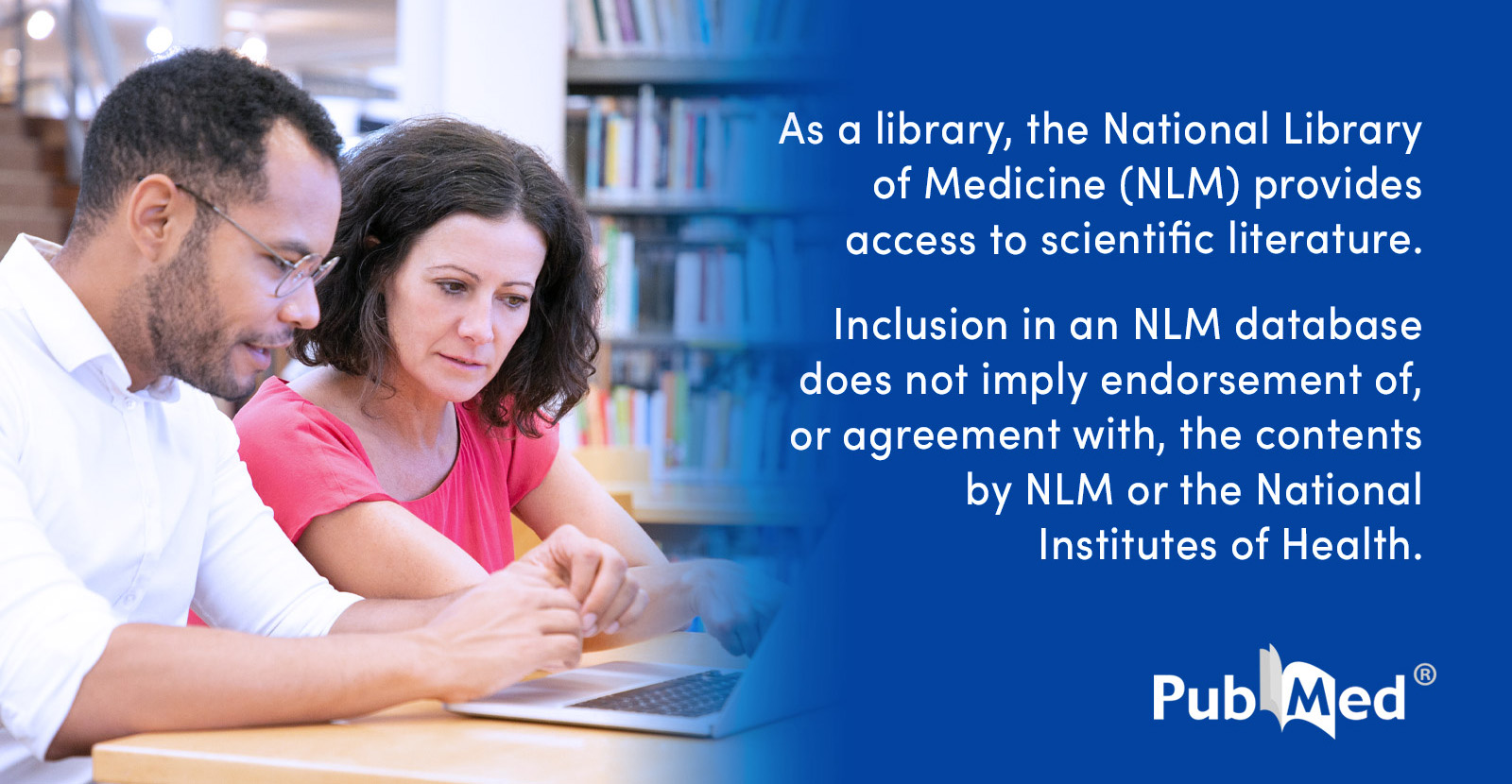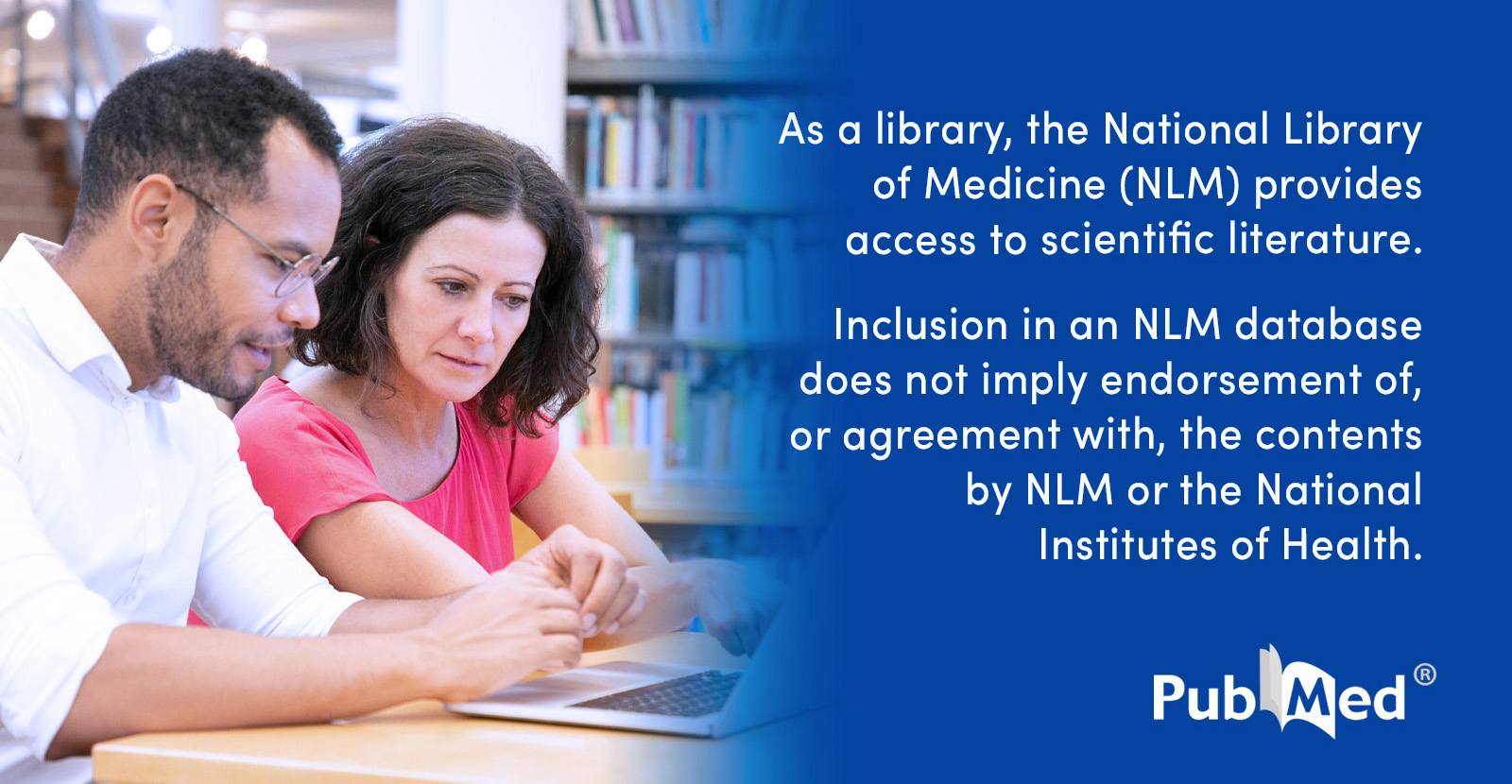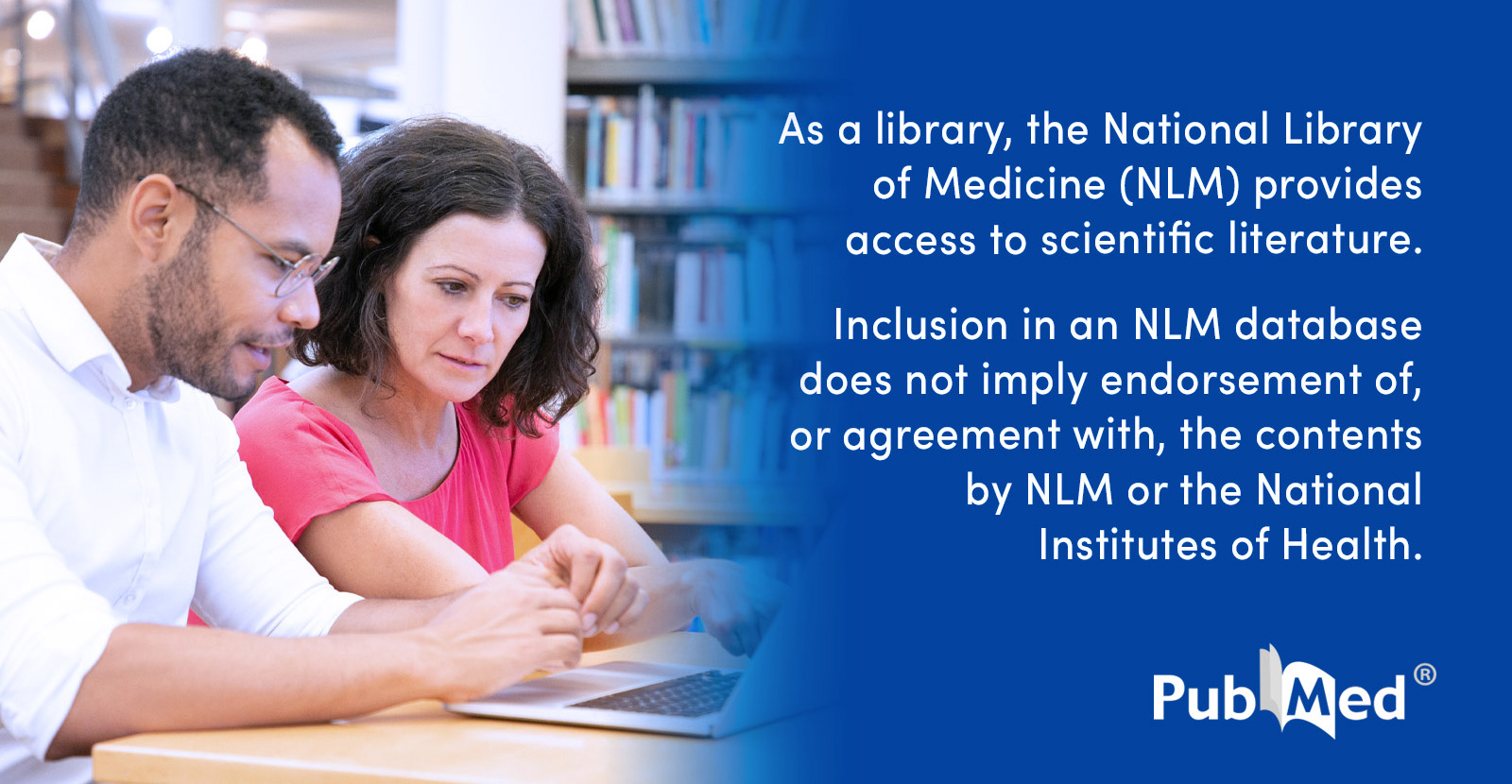
Conflict of interest (COI) disclosures play a vital role in maintaining integrity and trustworthiness in medical and scientific research. These disclosures inform readers, reviewers, and regulatory bodies about possible influences that may affect the objectivity of research findings.
The importance of COI disclosures has grown alongside increasing industry involvement in funding and conducting medical studies. According to guidelines from organizations like the International Committee of Medical Journal Editors (ICMJE), authors must disclose all financial relationships, advisory roles, or other commitments that could be perceived as a conflict. This can include funding from pharmaceutical companies, ownership stakes, research grants, and paid consultancies.
Properly managed disclosures help mitigate risk of bias and allow readers to assess the credibility of the reported data. Journals and researchers are encouraged to be thorough and transparent to ensure fair interpretation and application of findings. Failure to disclose conflicts of interest can result in ethical violations, retractions, and damage to public trust.
Recent efforts across the academic and publishing sectors have emphasized standardizing COI reporting mechanisms and increasing accountability. Many journals now require detailed, standardized COI forms upon submission, and institutions may provide training to researchers to ensure compliance.
As research continues to evolve with increasingly interdisciplinary and commercially funded projects, conflict of interest disclosures will remain an essential component of ethical scientific communication.
Source: https:// – Courtesy of the original publisher.








